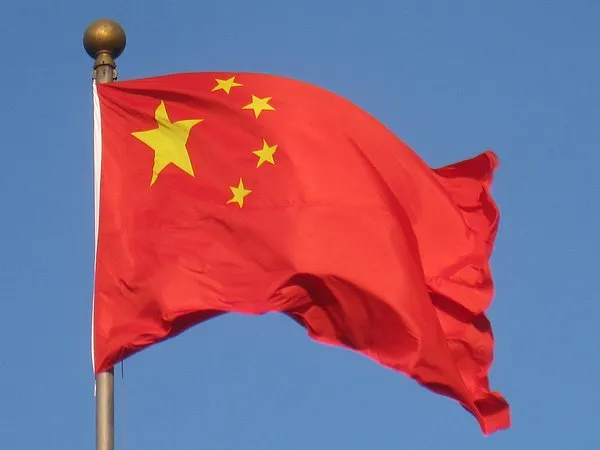Chinese bank depositors, who are protesting against their inability in getting their frozen funds back, are now boycotting the mortgages payment which in turn is increasing the non-performing assets (NPA) of the banks giving a major blow to the country’s economy.
The balance of NPAs of commercial banks was 2.95 trillion yuan at the end of the second quarter, and the loan ratio stood at 1.67 per cent,” a US-based publication Financial Post said.
Numerous Chinese citizens are boycotting mortgages because they are not getting possession of their accommodation units on time.
The primary cause behind the housing crisis is that house buyers are not confident and don’t trust that their housing units will be completed.
The housing sector is an essential sector of the Chinese economy as new home purchases constitute over 80 per cent of China’s property industry.
Chinese developers have only delivered 60 per cent of pre-sold homes between 2013 and 2020, and mortgage loans increased by 26.3 trillion yuan during the same period, as per the estimates of Nomura, a Japanese financial holding company.
It is crucial to note that the real estate loans increased by 200.3 billion yuan in June, the publication reported citing Global Times.
There was a 3.3 trillion yuan increase in manufacturing loans and a rise of 1.6 trillion yuan year-on-year during the first half of the year. The high-tech manufacturing loans witnessed a rise of 28.9 per cent year-on-year.
“The disposal of non-performing assets was 1.41 trillion yuan in the first half of the year, along with an increase of 219.7 billion yuan year-on-year,” the publication said.
During the first half, entrusted loans and trust loans fell by 380.6 billion yuan, it said citing media reports.
China’s interbank wealth management declined from over 6 trillion yuan at its peak to around 10 billion yuan by the end of June, China Banking and Insurance Regulatory Commission (CBIRC) deputy director-general Liu Zhongrui said.
“Small and medium-sized banks have handled non-performing loans worth 594.5 billion yuan (about $87.8 billion) in the first half of this year, up 118.4 billion yuan over the same period last year,” the article read.
It is expected that CBIRC will establish credit policies for each city, and lessen the risks in the real estate sector.
Analyst Tian Yun said that the improvement of the real estate industry is important for the “recovery of investment and consumption, which will be the driving forces of economic growth in the second half of the year,” it reported citing media reports.

